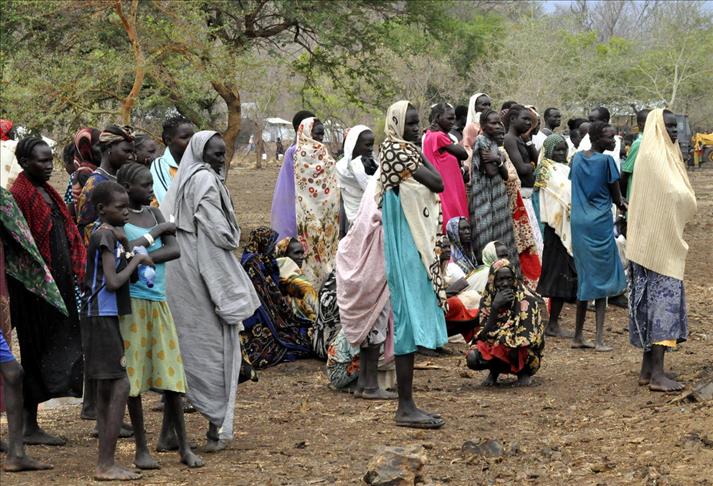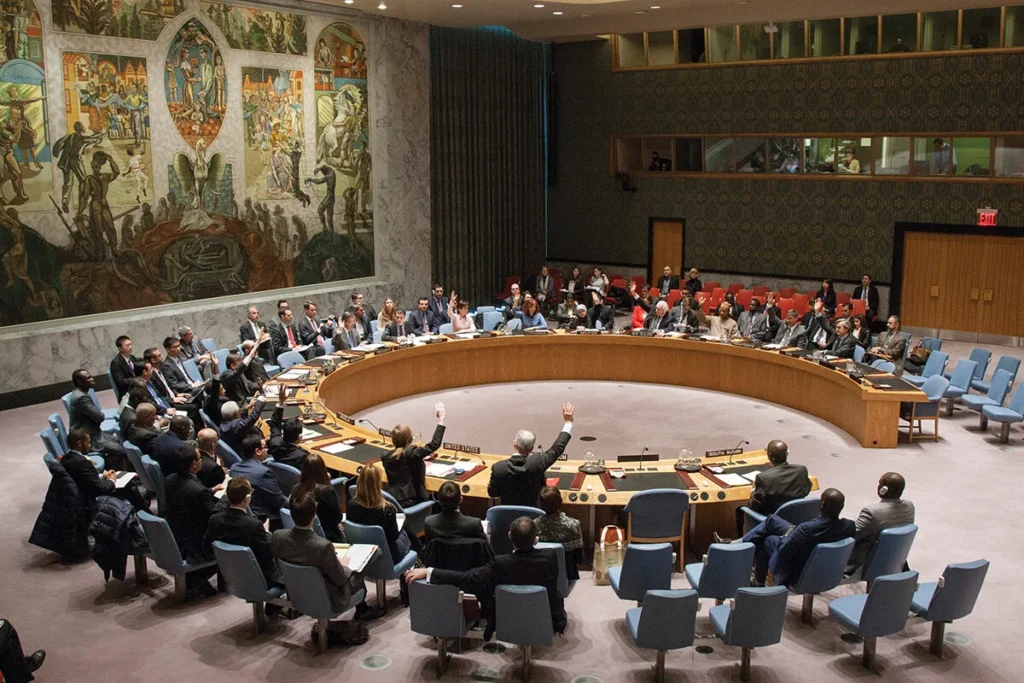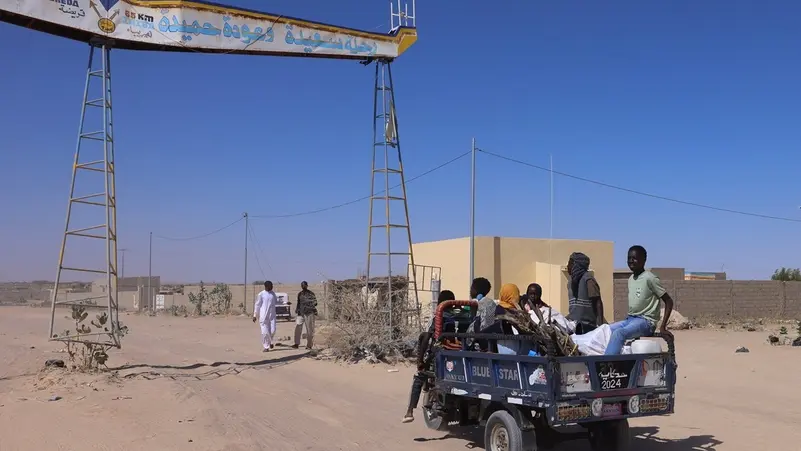
More than 6,000 South Sudanese refugees have left Kenya’s Kakuma refugee camp this year, the United Nations said Thursday, citing severe food shortages. Kakuma, one of Kenya’s largest camps, hosts nearly 300,000 refugees from South Sudan, Somalia, Uganda and Burundi, many surviving on dwindling aid supplies.
Humanitarian groups are struggling as violent protests erupted last month after the United States and other donors slashed food assistance. South Sudan, scarred by instability and edging toward renewed conflict, continues to push desperate families across the Kenyan border in search of safety.
Since January, about 6,200 South Sudanese refugees have departed Kakuma and nearby Kalobeyei, with more than half leaving between July and August. The UN refugee agency (UNHCR) said many movements were unrecorded, noting that actual numbers could be far higher due to informal crossings.
While nearly 4,800 new arrivals entered the camps this year, the sudden departures reflect a growing crisis triggered by aid shortfalls. The UNHCR said multiple factors fuel the exodus but acknowledged that rations were cut in July, forcing refugees into stark survival choices.
The World Food Programme (WFP) began categorising refugees on a four-tier scale, limiting food assistance to only the most vulnerable groups. “Without urgent resources, refugees must either endure hunger or return to fragile homelands,” the WFP warned, calling the cuts a direct result of global funding gaps.
A Kenyan refugee official, speaking anonymously, described the current departures as unusual and directly tied to new assistance rules. He warned that many South Sudanese excluded from food aid had no option left but to return to their unstable country.
“They have nothing to eat,” he said, underlining the stark reality now driving families out of Kenya’s once vital refuge.




